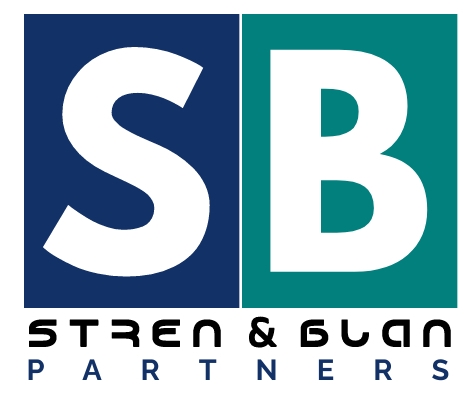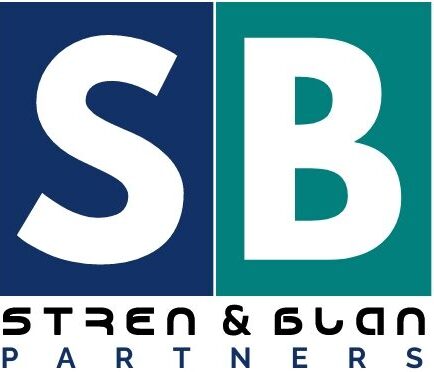The Nigeria Inter-Bank Settlement System PLC (NIBSS) had on the 5th of December 2023 issued a directive to all financial institutions instructing them that non-deposit-taking financial institutions be delisted from the commercial banks outward transfer channels (the “Directive”). Prior to this Directive, the practice was that non-deposit-taking financial institutions such as switching and processing companies, payment solution service providers, and super agents were listed by commercial banks as beneficiary institutions that receives inflows from customers.
Clearly, this practice is also contrary to the Central Bank of Nigeria (CBN) Guidelines on Electronic Payment of Salaries, pensions, suppliers, and Taxes in Nigeria dated February 2014, which encouraged electronic transmission of salaries, pensions, suppliers, and taxes through an e-payment enabled account with deposit bank or other financial instructions.
Also, the Directive noted that while these entities may process outward transfers as inflows to banks, their licenses do not permit them to receive inflows or hold customers’ funds.
Evidently, this Directive supports the licensing structure provided by the CBN in its 9th December, 2020 circular titled ‘The New License Categorization for the Nigerian Payment System’ which provides that only Mobile Money Operators (MMOs) are permitted to hold customer funds.
Additionally, it is noteworthy that this Directive aligns with the recent statement of the CBN Governor, Mr. Yemi Cardosoat the 58th annual Bankers Dinner of the Chartered Institute of Bankers of Nigeria (CIBN) where he mentioned that certain licensees are engaging in activities beyond their approved scope thereby violating established boundaries. The era of this Directive also signals that the CBN would conduct a comprehensive review of the licensing framework for payment services to develop a new regulatory and compliance framework that is suitable for the payment services sector.
Conclusively, businesses with switching and processing License, payment solution services, and regulatory sandbox licenses will no longer be listed as beneficiary accounts by commercial banks, and neither will they be permitted to continue to hold customer funds. However, financial technology companies that hold MMO licenses will be unaffected by this new directive or sanctions. Fintech companies that wish to have an expansive scope to hold customer funds are advised to seek legal counsel for their licensing and business structuring.
This Directive is evidence of CBN’s enforcement role at ensuring service focused licenses, a clear separation of financial activities by Fintech companies and to discourage them from carrying out financial activities without the requisite licenses.
It is advised that the CBN should also ensure that thoseaccount holders whose salaries and/or emolument will be affected by this Directive is adequately catered for and migrated to acceptable payment platforms by the affected companies without attracting penalties for the users and companies.

